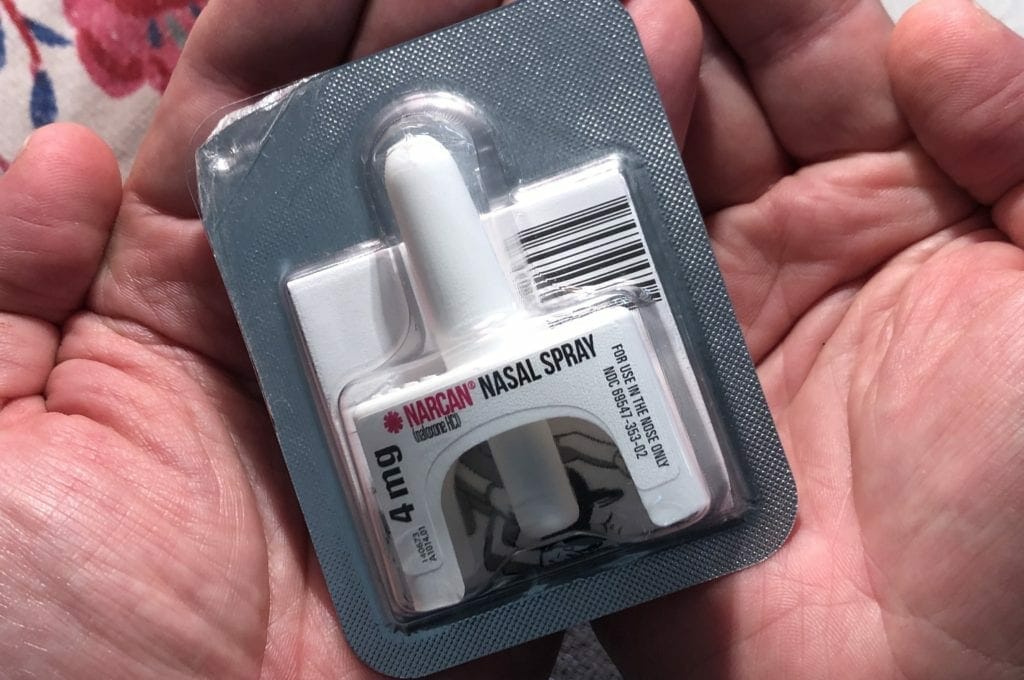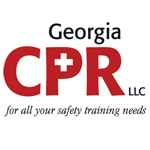
Drug Overdose
The nationwide epidemic of drug overdose rages on unchecked. Drug overdose numbers have shown a modest decrease in the past year. Despite this, 115 Americans die every day from this preventable death.
During the 12 month period between March 2018 to March of 2019, the Center of Disease Control and Prevention reported over 67,000 deaths from drug overdose.
This is beyond tragic.
While opioids claim the majority of drug overdoses in the United States, stimulants like cocaine and methamphetamine still claim tens of thousands of lives.
The word opioid is an umbrella term that has evolved. Consider the word Opioid to include natural, synthetic and semi-synthetic drugs. All of these drugs act similarly on specific receptors in the brain. Opioids can include Percocet, Vicodin, Norco, morphine, oxycodone, fentanyl, oxycontin and heroin. These drugs block pain and can cause the user to experience a euphoric, pleasurable “high” which can be very addictive.
An opioid drug overdose can occur in many situations, some of which are as follows:
- The potency of the medication is unreliable – often fentanyl is added to street drugs, fentanyl has even been found in marijuana!
- Too much of a drug is taken accidentally, or intentionally. This is due to pain or simply because the user wants the “high”
- Other drugs are mixed with an opioid. Opioids with alcohol, sleeping pills or muscle relaxers, will increase the chance of an overdose
- Accidental ingestion by a child
How to suspect a drug overdose?
Drug overdoses can be quite obvious but they certainly don’t have to be.
- FIRST, if an individual is unconscious, their life is in danger no matter the cause. Call 911. If they are breathing, turn them on their side, if they are not breathing, or only gasping or seem to be snoring, immediately begin CPR. To take CPR classes in Atlanta, see our class schedule page and sign up for a class. Everyone should know CPR.
How to tell if someone is overdosing:
- The presence of drug paraphernalia including syringes, cotton balls, burned spoons or bottle caps, lighters or candles, small pieces of foil, straws or the barrels of ink pens, tubing, shoelaces or anything that can be used as a light tourniquet
- Prescription medication bottles baggies with unidentified medications may be laying around
- You simply have a ‘feeling’ this is the problem – Err on the side of caution!
What to do in case of a drug overdose?
Do the following if you suspect someone is having a drug overdose:
- Call 911. In Georgia and many other states, there are medical amnesty laws for the 911 caller, victim and bystanders of a drug overdose
- Use a Naloxone Overdose Kit. There is no danger to a patient who is not overdosing
- Walk a patient who is partially conscious, as long as it is safe to do so. Walk the patient while waiting for EMS. Keep them awake and monitor breathing until EMS arrives
Drug overdose will continue to take the lives of countless people over future years. Hopefully through recognition, willingness to call 911 and the use of life saving naloxone, we can dramatically reduce the number of senseless deaths.

